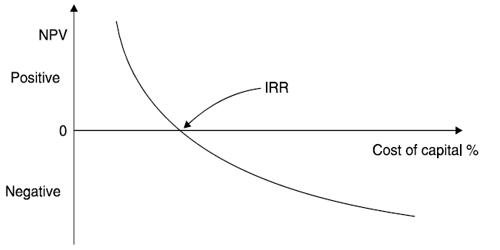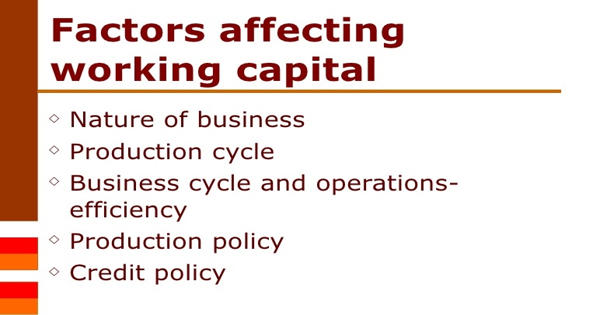The process of recording a business transaction in accounting records is known as journalizing. This activity is only applicable to the double-entry accounting system. The steps for journalizing are listed below. Journalizing can result in the general ledger or subsidiary ledger entries. When it involves a high-volume transaction that management has decided to summarize separately from the general ledger, an entry is made to a subsidiary ledger.
Journalizing is the process of recording a business transaction in these accounting records. This activity only pertains to the double-entry bookkeeping method. The steps associated with journalizing are the following:
- Examine each business transaction to look for the nature of this transaction. For case, the receipt of your supplier invoice implies that an obligation continues to be incurred. Or, throwing out obsolete inventory implies that the inventory asset will likely be reduced.
- Determine which accounts will likely be affected. This calls for the identification of the general ledger accounts that’ll be altered due to the transaction. As an example, recording a supplier invoice could mean that the office products expense account will likely be increased, as well because of offsetting accounts payable consideration.
- Prepare a journal entry. This engages not just in entering the transaction in the accounting method, but also in documenting it adequately so that someone reviewing the entry later will recognize why it was created. Preferably, the entry should note the impacted accounts, the debits and credits entered a journal entry number and a narrative statement.
Journalizing can result in entries to the ledger or to subsidiary ledgers. An entry is built to a subsidiary journal when it will involve a high-volume purchase that management has decided to summarize separately from the general ledger.
For example of the journalizing course of action, ABC International provides just signed a contract that has a maintenance contractor spend $1, 000 each month in exchange for routine preventive servicing services. The nature of the transaction is the recurring obligation. The affected accounts would have been a debit of $1, 000 towards maintenance expense accounts, and a credit of $1, 000 towards accounts payable accounts. This will be described as a recurring monthly admittance. The journal entry is established as just mentioned and flagged to recur automatically at the start of each future month.
















